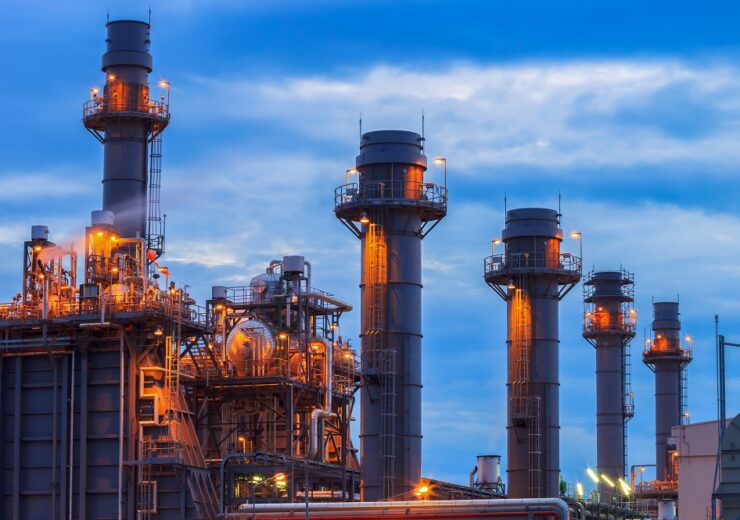Guyana’s Environmental Protection Agency (EPA) has announced that the 300 megawatts (MW) natural gas power plant is exempt from the requirement to conduct an Environmental Impact Assessment (EIA).
It made this decision on the basis, it said, that the proposed project will not significantly affect the environment.
The regulator’s explanation included that the proposed location for the project, a Wales site on the West Bank of Demerara, falls within the area of influence of a component of the project that was already approved, i.e., the natural gas liquids (NGL) facility, the pipeline and the materials offloading facility. These components were approved by the EPA after a comprehensive review of submissions by ExxonMobil Guyana. The submissions had included a comprehensive EIA with a cumulative impact assessment (CIA). The CIA had determined that there would be no significant impacts from the combined activities. The construction of the NGL facility and the power plant, the responsibility of the Guyana government, is expected to be constructed in an integrated facility to save costs.
Among the considerations explained by the EPA was the situation of the project within a highly modified landscape (the Wales Development Zone) that is not within a sensitive ecosystem.
“The project design will include embedded controls as well as targeted mitigation measures during construction and operation to avoid, minimise and mitigate any impacts to biodiversity,” the EPA said. “The project will not significantly impact or change overall ecological functions of the landscape and affected watershed will retain their current functions largely unchanged.”
The EPA explained that the determined potential environmental and social impacts that will be caused by the project during pre-construction, construction, and operation phases, have been identified, screened, and assessed. Many of those impacts, it said, are localised, short term and/or temporary in nature.
The public has been given 30 days to lodge appeals against the decision with its Environmental Assessment Board.
The Gas-to-Energy (GtE) project is expected to cost more than US$2 billion to develop. With responsibilities shared between the Guyana government and ExxonMobil, construction is expected to commence in 2023.
The project will deliver natural gas from the Liza field in the Stabroek Block to the onshore Wales Development Zone, where power will be generated for electricity and NGLs will be generated for domestic uses and potential export.



